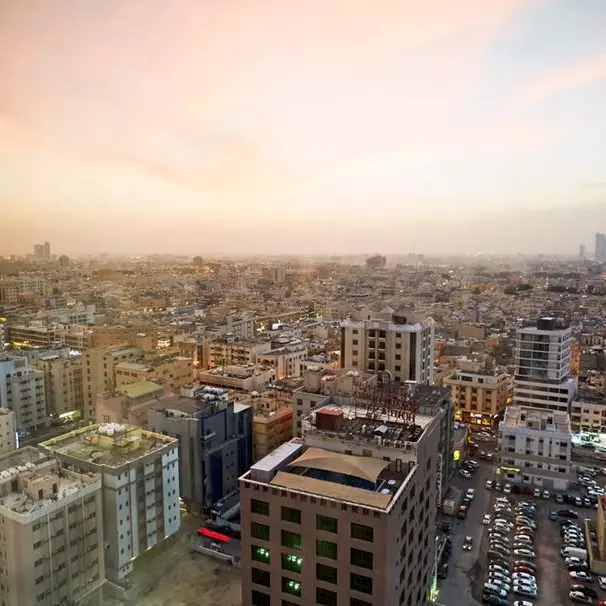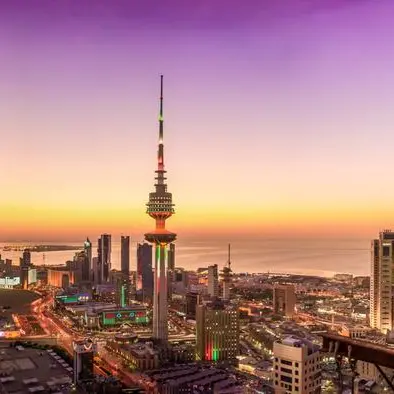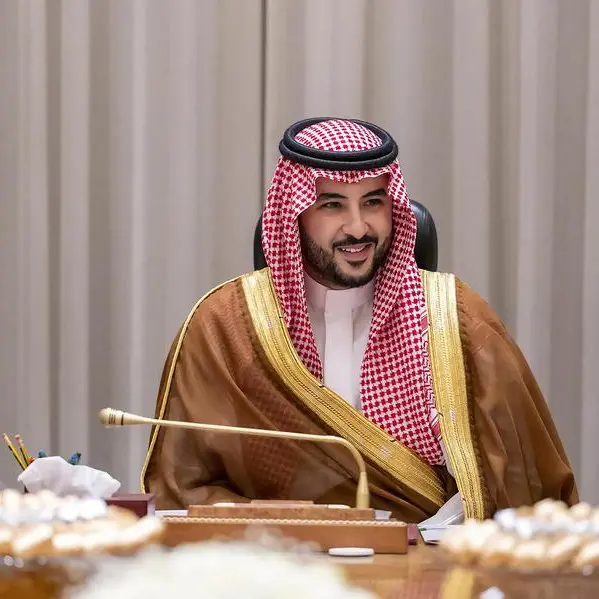PHOTO
The outlook for the GCC region in 2024 is more optimistic in comparison to the rest of the world, supported by the reversal of oil production cuts, still strong international oil prices and growth in the non-oil economy, analysts at a global professional services network said.
The moderation of inflation and the central banks' decision to ease monetary policy from the second half of the year will continue to add to this growth, while the tourism sector is also expected to see continued expansion, particularly in Saudi Arabia, analysts at PwC said in a report.
In contrast to a bleak global growth outlook, the GCC states are poised to effectively navigate through a decelerating global economy, “aided by a loosening of Opec+ oil production quotas, relatively strong growth in key Asian markets including in India (6.3 per cent real GDP growth), and China (4.2 per cent), and continued government investment in the economy in line with the economic diversification goals.” As a result, GDP growth in 2024 is expected to strengthen at 3.7 per cent.
“While the region may not be entirely shielded from a global economic deceleration, there are several reasons for cautious optimism,” analysts said.
The effects of tighter monetary policy to curb inflation are expected to dampen consumption and investment activity in 2024. A mild slowdown is expected in 2024 for the global economy, with GDP reaching 2.9 per cent — the weakest global growth profile since 2001 (barring the global financial crisis and the peak of the Covid-19 pandemic).
In 2023, the global economy experienced a slower growth rate, marked by high interest rates, inflation and geopolitical tensions, the report noted. Nevertheless, growth in the GCC countries remained remarkably resilient. A 2.8 per cent contraction in oil sector activities in 2023, resulting from the successive oil production cuts by Opec+, was largely offset by expansion in the non-oil sector, which is estimated to have grown by 4.3 per cent in 2023, buoyed by government investments linked to various economic diversification agendas taking place across the GCC. As a result, the overall GDP growth in the GCC is estimated to be 1.5 per cent in 2023, following annual growth of 7.9 per cent in 2022.
“Looking ahead, there are reasons to be optimistic about the potential economic performance of countries in the region, given their commitment to economic diversification and their ability to adapt to changing market conditions,” the PwC report said.
The non-oil sector will remain a key driver of economic growth in the region. The sector is expected to grow by 4.0 per cent in 2024, fuelled by positive momentum in the retail and service sectors, supported by robust liquidity, ongoing reform initiatives, and a rapid surge in private and government investment. These factors will help offset the effects, said the PwC report.
According to Kamco Invest’s GCC Fixed Income Market Update for December 2023, the impact on GCC economies due to the impending rates cuts by global central banks in 2024 is expected to be largely positive. The rates cuts will happen as global economic slowdown in now expected to be softer-than-expected, with soft landing in economic growth. “This, coupled with lower inflation rates in the GCC, should augur well for the region in terms of GDP growth backed by thriving non-oil GDP, a strong project pipeline and elevated oil price,” the report, written by Junaid Ansari, Kamco Invest's head of Investment Strategy & Research, said. In addition, the strong credit profile of most countries in the GCC with recent upgrades this year also provides stability to currency and the fixed income funding market, it added.
Emirates NBD said in a report that a robust non-oil sector will drive growth in the GCC in 2024, buoyed by continued investment in tourism as oil exporting countries push ahead with ambitious economic diversification programmes. The regional outlook by the Dubai-based lender highlighted that while government expenditure will likely remain modest in 2024, compared to the last few years, cuts in spending or a tightening in fiscal policy through higher taxes was not expected, other than those already announced such as the UAE’s corporate income tax, which came into effect in 2023.
“Additionally, economic and social reforms were likely to support continued private sector investments, while furthering growth in the expatriate population, particularly in Saudi Arabia and the UAE. Rate cuts from the US Federal Reserve, expected in H2 2024, should also boost demand for credit and support investment and consumption, the research highlighted,” the bank’s report said
Copyright © 2022 Khaleej Times. All Rights Reserved. Provided by SyndiGate Media Inc. (Syndigate.info).





















